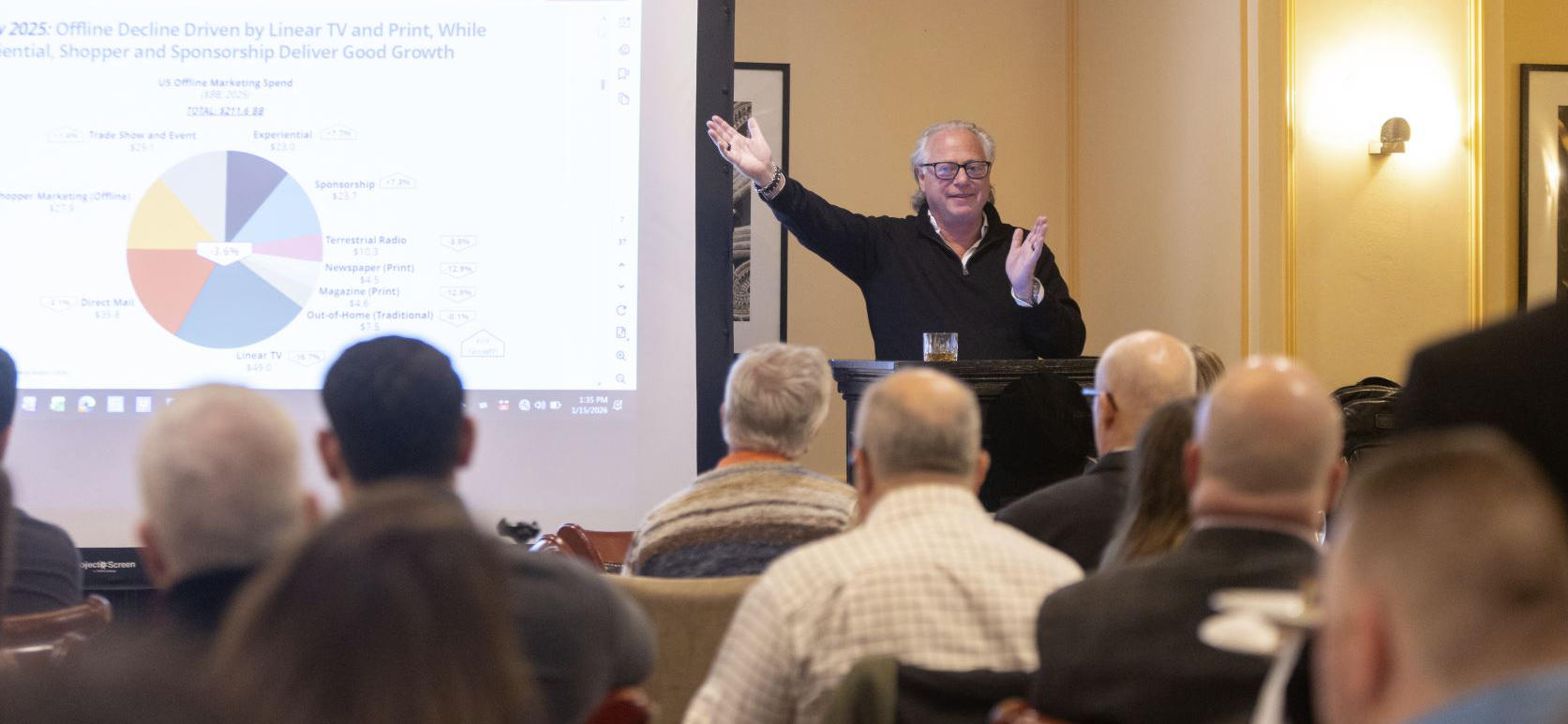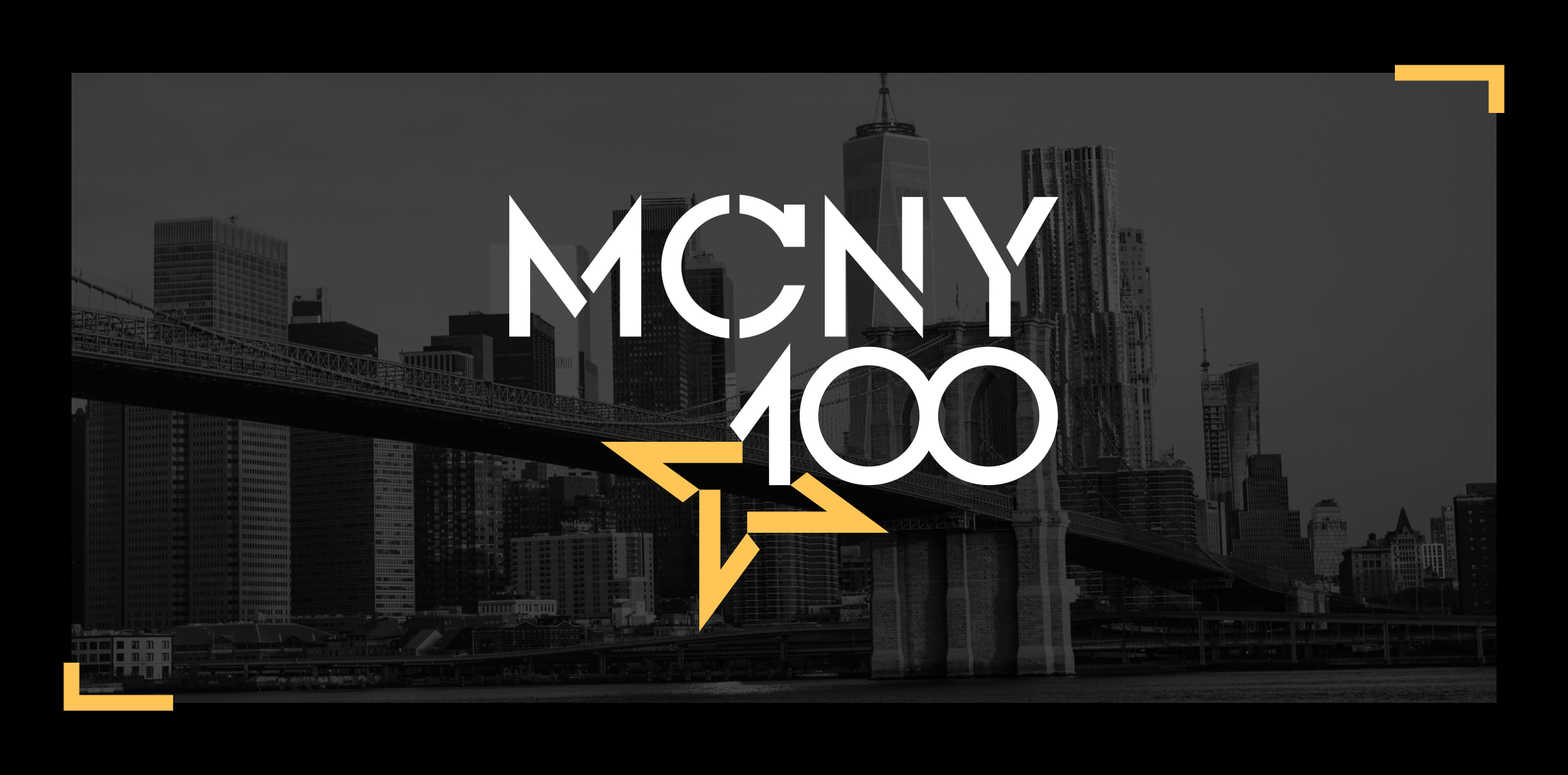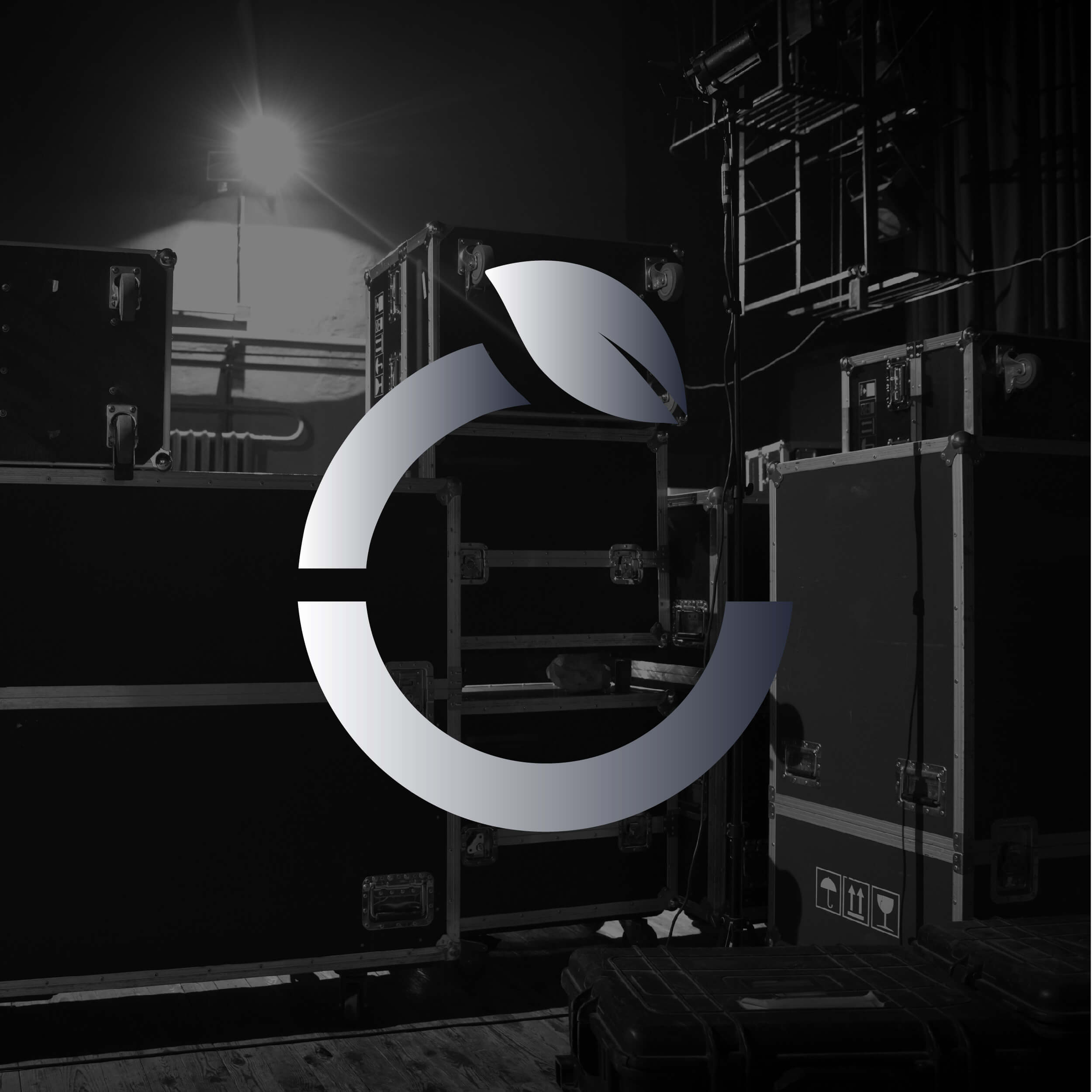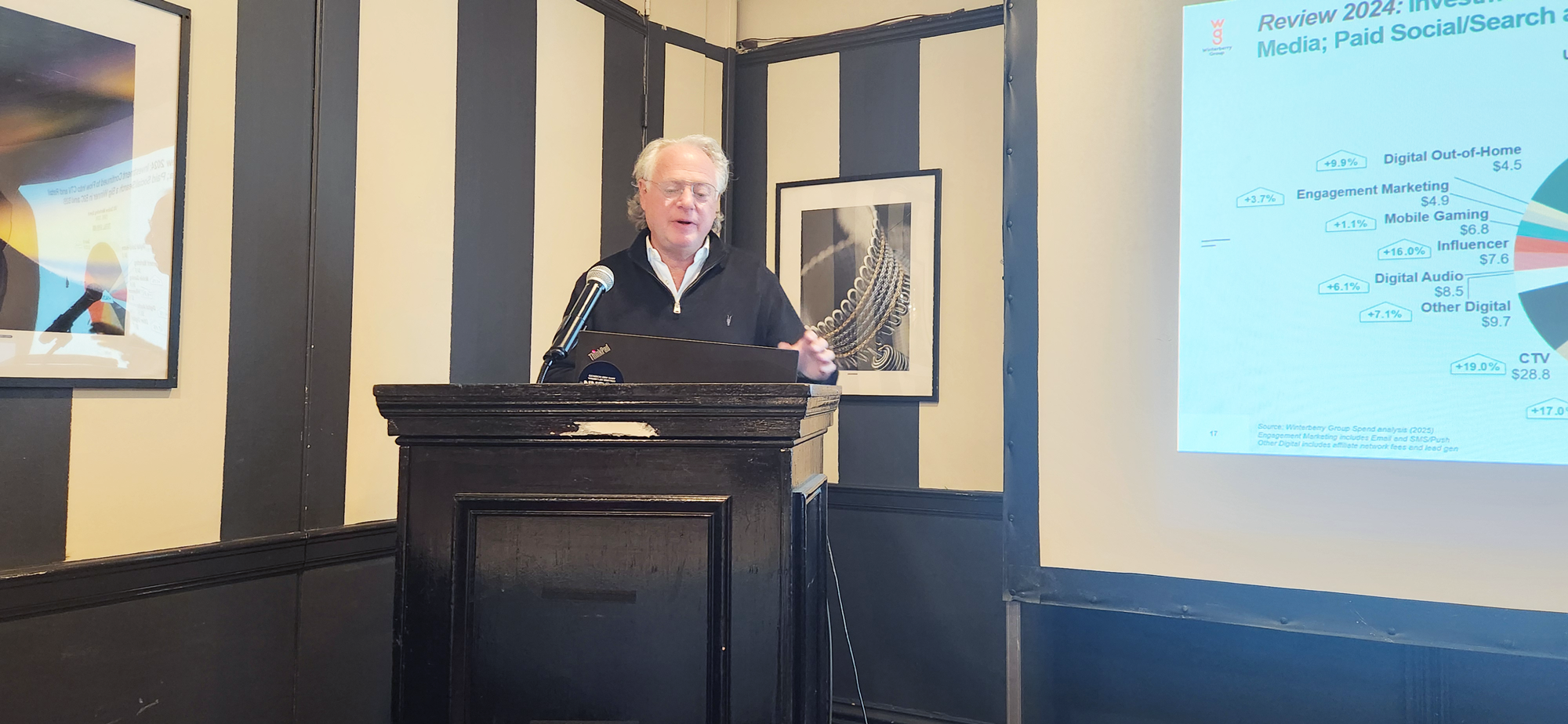
Provocateur:
Is there anything more gut-wrenching than a remodeling project gone wrong? We’ve all watched home improvement shows and thought “I’m smart. I can do that!” In reality, do-it-yourself projects can be far more difficult than it looks on TV. And you only need to read one story about a soaking tub falling through the bathroom floor to rethink your ambition.
As an engineer turned marketer, and someone who has previously remodeled homes, I’m acutely aware of the story the bathtub tells. And it makes me cringe.
The tub represents wasted hours, dollars squandered, and additional work created. I’m also willing to bet it’s the source of frustration and heated conversations. Chiefly though, the broken tub—in all its pieces—serves to teach us one thing: Some things you can do yourself; others you can’t, or shouldn’t.
The same holds true in marketing. Too often marketers develop DIY solutions to problems they are ill-equipped to handle, often with a steep price to pay. Building a CRM platform in-house is a common example. It seems like a straightforward project until the complexity of integrating all its core elements hits, costs mount, and progress stalls.
Here are a few ways to ensure you don’t fall into the DIY trap.
Your resources are limited. Use them wisely. Whether you sell goods or services, the first thing you should be asking is, “Is this worth my time?” It takes an investment of time, talent, and capital to build robust CRM platforms that can reach your consumers at scale. I regularly talk with brands choosing to go down the DIY path, building their own system or cobbling together disparate technologies. The result is an underperforming platform that not only wastes precious marketing and ad dollars, but also requires constant refinement and attention from IT—effort that can be better spent on other parts of the business.
Don’t let ego get in the way. We all work with talented people. Creating CRM platforms that reach real people takes more than talent, however. It takes a great deal of knowledge and expertise. What do I mean? IT and tech professionals might have the ability to build a system, but do they have the knowledge to maintain it? To make it nimble enough that it’s able to evolve with concurrently changing needs and technologies? After they’ve created the platform, what do they know about media buying? Do they know how various formats perform and how to optimize against each?
Yes, technology enables us to move quickly. But you’ll never do a better job than companies who have been doing this for years or even catch up to companies who are learning and refining their platforms at an exponential rate. I’ve sat in meetings with companies that brag about the size of their IT and analytics teams and the conversation inadvertently turns into a subtle battle of who is smarter. Again, we all work with talented people. It’s not about being smart. It’s about years of experience.
You can’t do it alone. Building and maintaining a platform is only one part of the equation, and frankly, it might be the least important part. Like any good puzzle, the right pieces need to be used in the right places to help you complete the picture. This often involves partnering with companies that specialize in measurement or detecting ad fraud. By identifying and working with best-in-class providers, you enhance your platform. For example, partnering with niche data providers can enable you to tap into a new segment or audience in differentiated ways. Or working with a third-party verification or measurement company can provide you with additional assurances.
At their onset, DIY solutions force people to consider how much time, effort, and investment they’re willing to commit. But often they don’t realize that is only the end of the first act. Beyond that lies the need to sustain and grow, a critical juncture where experience and institutional knowledge factors at a premium.
The creation of anything—whether it’s a new bathroom or CRM platform—requires us to look beyond the aesthetics and see the entirety of a project. And the ability to ascertain what is required to stay ahead tomorrow, and the day after, and the day after that, is a benefit of experience. Failure to recognize this means your marketing efforts will fall behind or, worse, end up in pieces.

About the Author
Conversant President Ric Elert is a recognized industry leader who sets the company’s vision and ensures that clients can have personalized conversations with their customers across every device, channel and media format.
Prior to joining Conversant, Ric was EVP of engineering at comScore. He oversaw the development and management of comScore’s global enterprise technology.
Ric sits on several boards, including the Federation for Internet Alerts (FIA) and FreeOsk, and is a founding member of the IAB Data Center of Excellence.








